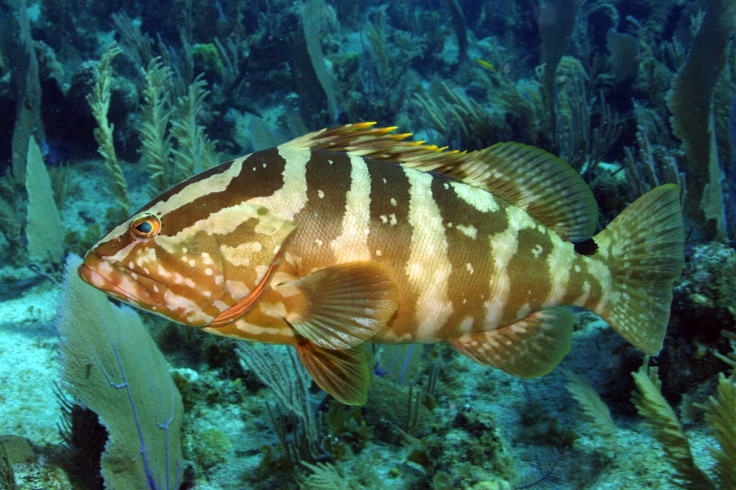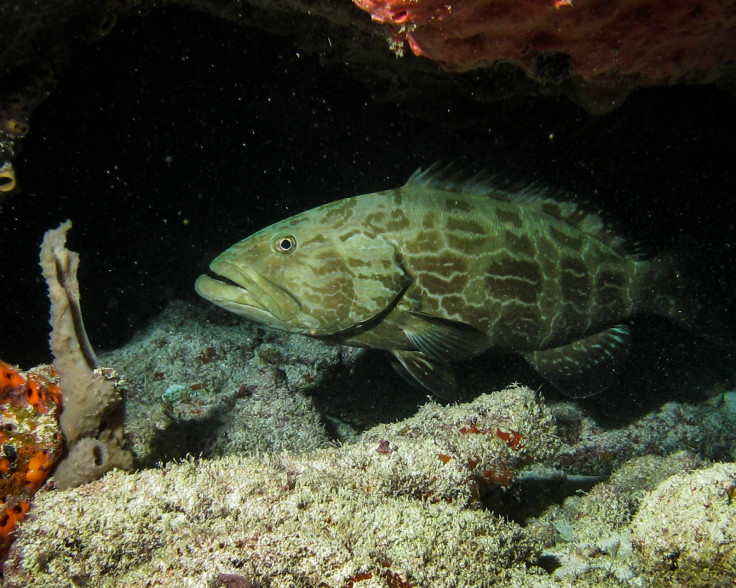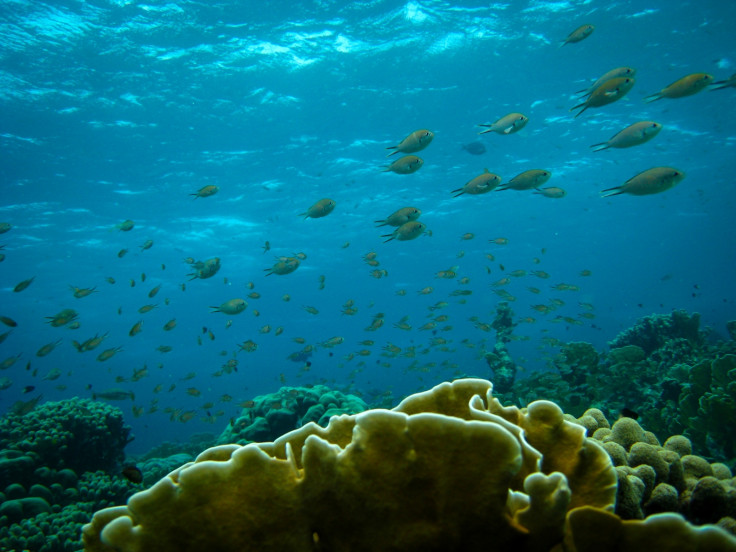Predators have deserted idyllic Caribbean coral reefs and over-fishing is to blame
Predatory fish are now largely absent from coral reefs but they could be successfully reintroduced at 'super-sites'.
Up to 90% of predatory fish have disappeared from Caribbean coral reefs because of over-fishing, scientists have estimated. However, they have also identified a number of reefs that would be well suited for a successful reintroduction of these predators.
Predators are traditionally seen as important as part of a healthy ecosystem, keeping the food webs in balance and making sure preys don't go too abundant, which could have a negative effect on the environment they share.
However, the role of predatory fish for coral reef ecosystems remains poorly understood. "We don't know much about the role of predatory fish on coral reefs, their effects on preys are not well documented, compared with other predators in other types of habitats", marine biologist John Bruno, from UNC Chapel Hill, told IBTimes UK.
"We know that wolves in Yellowstone National Park keep their prey populations healthy and in check, but we don't have this type of information when it comes to predatory fish and their impact on reef ecosystems".
What is certain is that predatory fish are facing important risks, from climate to over-fishing, and have progressively disappeared from Caribbean reefs in the last decades. The Caribbean reef shark is for instance considered "near threatened" by the IUCN, which also states that most animals are "most certainly taken as bycatch in artisanal and commercial longline and gillnet fisheries".

Gone from the reefs
In the study published in Science Advances, John Bruno and UNC-Chapel Hill graduate student Abel Valdivia have worked to quantify the loss of predatory fish in Caribbean coral reefs.
They have compared many reefs across the Caribbean in countries ranging from Cuba and Belize to the Bahamas, measuring the fish biomass and looking at the intensity of fishing. Compared to a small number of pristine and isolated reefs near Cuba and in the Bahamas, most Caribbean reefs had lost around 90% of their predatory fish.

"It is strikingly obvious that predatory fish have been gone for decades from reefs and we wanted to put a number on that. Data from studies conducted in the open ocean have suggested that 90% predatory fish were gone due to over-fishing and we found similar patterns on coral reefs. In fact, even though they are not locally extinct, they are completely absent on some reefs," Bruno explained.
Super-sites for super-fish
However, the researchers also managed to identify which reef sites could be optimal for future predatory fish restoration, a discovery which may have significant implications for conservation.
These super-sites are found close to mangroves and they have many nooks and cavities which provide hiding places for preys and attract predators. The scientists say that these areas should be prioritised for protection.

" We know that to restore fish we simply have to stop fishing them and they bounce back, as long as they have prey and suitable habitat. Our study lets us identify the sites that would be optimal for such restoration and that we have to protect," Bruno concluded. "But even if we protect these sites, the tricky thing will be enforcement of protective measures as this takes resources."
© Copyright IBTimes 2024. All rights reserved.






